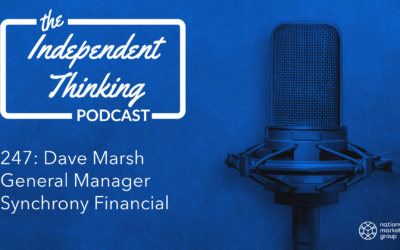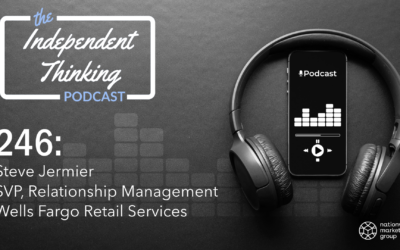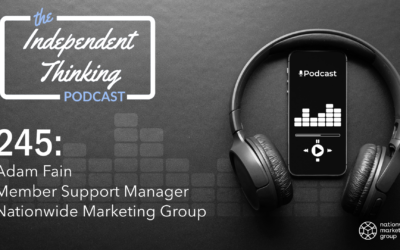For local and Independent business owners, increased social distancing in the wake of the Coronavirus (COVID-19) can have a drastic impact on your store, not to mention your personal financial situation.
While the situation is fluid and ever-changing, there are a number of steps that you as a business owner can take to plan and prepare for the spread of COVID-19 in your area. The Centers for Disease Control and Prevention (CDC) provides a list of strategies employers can take to help curtail the spread of the disease, including how to respond to a potential outbreak in your area. While some of what’s listed below may seem like commonsense initiatives, they’re still imperative to understand, internalize and act upon.
What You Should Be Doing Right Now
There are a number of things that retailers can actively be doing to prepare their stores and workplaces, and to keep their employees and customers safe during this unsure and uneasy time.
- Actively encourage sick employees to stay home. Any employee showing signs of acute respiratory illness should stay isolated until they are free of a fever (100.4 F or above) and other signs of illness for at least 24 hours. If an employee comes to work and shows signs of illness, they should be separated from other employees and sent home immediately. Also, specific to the COVID-19 outbreak, encourage employees to stay home even if they are well but have a family member who is showing signs of illness — this reduces the risk of additional exposure.
- Reinforce your sick leave policies. Ensure that your sick leave policies are flexible and consistent with public health guidelines, and that your employees are aware of those policies.
- Emphasize personal hygiene best practices. Place posters around the office where employees are likely to see them that encourage staying home when sick, cough and sneezing etiquette, and hand hygiene. Provide tissues and no-touch disposal receptacles for employees and customers who come through your store. Place signs in restrooms that encourage proper handwashing techniques. Regularly (and thoroughly) clean your store, especially frequently touched surfaces.
Planning Considerations
It’s uncertain how widespread the COVID-19 outbreak will be. What is known is that the infection period and recommended quarantine time is roughly two weeks. The situation is very fluid, however, which means employers’ policies and procedures need to follow suit, providing employees the flexibility needed at a time like this.
That said, some key things employers should keep in mind include:
- The severity of the COVID-19 outbreak in your area
- The impact of the disease on employees who are considered to be at higher risk (those with health complications and the elderly)
- The possibility that some employees will face increased absences because of school closures and lack of childcare, having to care for sick family members, or because they themselves fall ill
- Explore ways to continue your essential business functions either remotely or with the understanding that absenteeism will be higher than normal
- Consider cross-training personnel
- Coordinate with your state and local health officials, who may provide more detailed and localized guidance on how to respond to the outbreak in your area
Response Considerations
Whether it’s COVID-19 or some other infectious disease that strikes down the road, employers should be prepared with an infectious disease outbreak response plan. Some things to consider when building out or reviewing your plan include:
- Involve employees in the development and review process for the plan
- Allow the plan to be flexible
- Conduct a focus exercise or discussion around the plan to see if it has any gaps or problems that need correcting
- Share some best practices with other local businesses in your area — especially those you may do direct business with — to help improve the response efforts in your community
Also, if you have more than one retail location, consider giving your local managers the authority to implement the plan as needed without prior approval.
For more information and the latest updates on the COVID-19 outbreak, please visit the Centers for Disease Control website.

COVID-19 Quick Links
CDC
WHO
OSHA
SBA
Watch for Symptoms
Symptoms of the coronavirus (COVID-19) will reportedly appear within two to 14 days of exposure to the disease, according to CDC. Signs of the illness include fever, a cough and shortness of breath.
Other warning signs to be on the lookout for include:
- Difficulty breathing or shortness of breath
- Persistent pain or pressure in the chest
- New confusion or inability to arouse
- Bluish lips or face
If you believe you’ve been exposed to the disease or begin showing signs, the CDC encourages you to contact your healthcare provider immediately.



